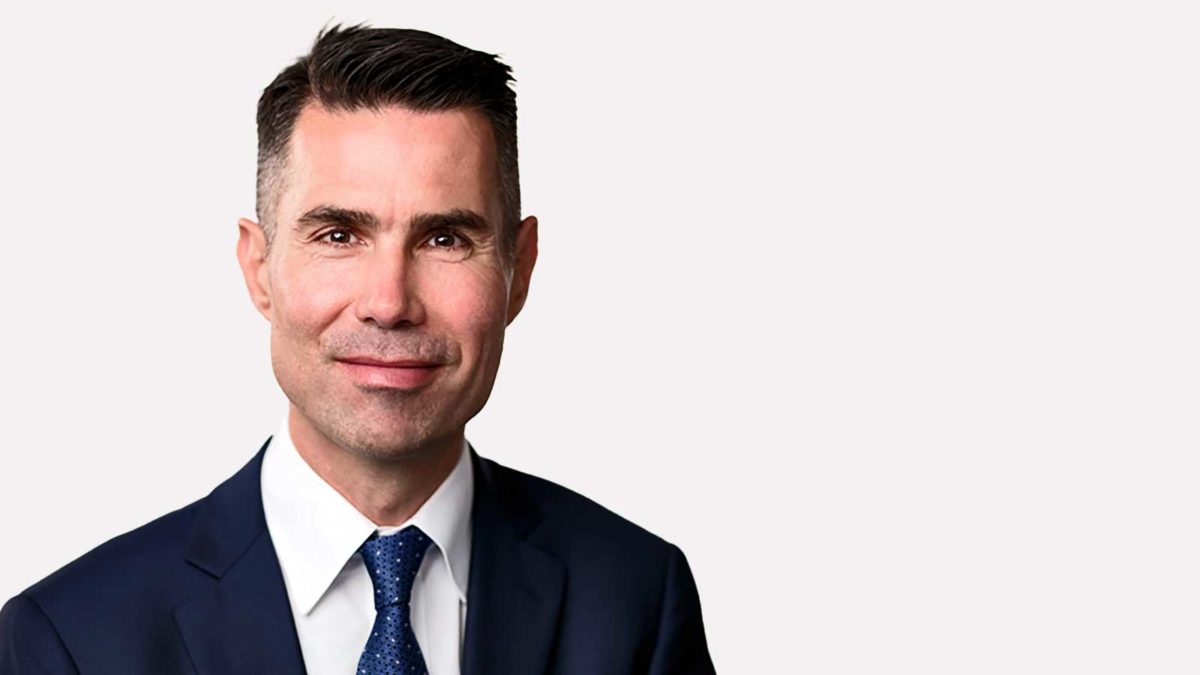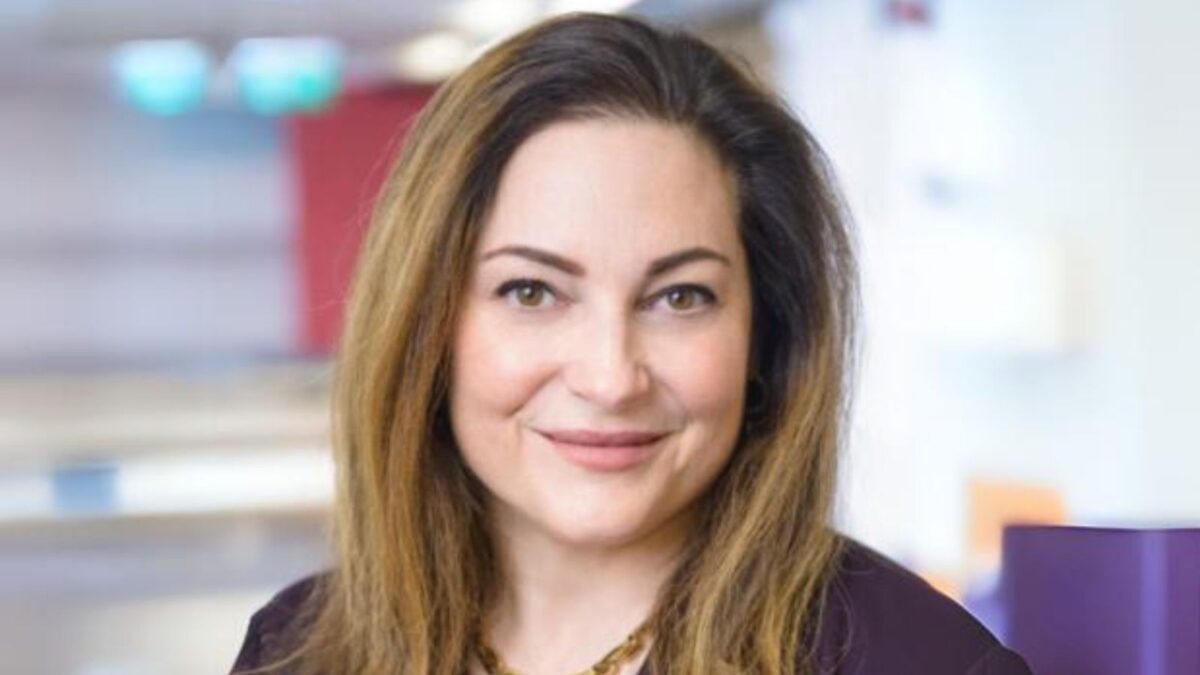Why fundies ‘fade to mediocrity’
While some say Aoris is an “early Magellan”, chief investment officer Stephen Arnold has no intention of going down the same path that other Australian fund managers have taken.
The problem that lies at the heart of active funds management is well-understood: very few will ever outperform the market over a long timeframe. It’s a problem that’s seen investors flock to passive funds and the fortunes of active managers sour in what has seemed to be a never-ending bull market, and one that Stephen Arnold, CIO of Aoris Investment Management, is trying to solve.
“Why, for businesses like ourselves, are the second five years not as good as the first five years?” Arnold asks. “After a successful start, why do many boutiques fade to mediocrity?”
Aoris was launched in 2017, and now manages about $600 million in a single global equities fund.
It roughly doubled its FUM over 2021 – a product of market appreciation and strong net inflows – and recent media coverage has even suggested that the company is an “early Magellan”. It isn’t a comparison that Arnold would seem to be interested in. He’s got no pipedreams of managing hundreds of billions of dollars, or listing; it’s a bad ownership structure for a fund manager, one that creates pressure to grow when that isn’t going to create the best outcome for clients.
The reason so many boutiques “fade to mediocrity” is that the awesome amount of money they’re managing becomes a dead weight. They start more funds and need more people to manage them; there’s a lot of complexity that comes with both. Arnold would probably shut the doors at $5 billion based in part on liquidity considerations and the fact that anything more would start confining them to companies with much larger market capitalisations (most of the 15 companies the fund owns sit outside the indices).
“If we go from $1 billion to $5 billion to $15 billion, the number of stocks that are large enough and liquid enough for us to own goes from 1000 to 500 to 200,” Arnold says. “You just become the big cap index. That restricts our choices and limits our ability to do a good job. The trading inefficiency of moving in and out of stocks or the limited choice is going to degrade your ability to outperform.”
“If you look under the hood of other managers, many of them have made those choices; they’ve accepted the performance degradation that comes with size, will own more stocks and have more products.”
Arnold started his career as an analyst at BT Australia, a few years after their ripping performance in the 1987 crash. It was a high point for the business, which struggled for years after. Other commentators have pointed out that success was one part of their downfall; the sheer quantum of new money chasing their performance didn’t fit well with their investing style, which suffered as a result.
“What we’re doing is not easy; the percentage of managers that outperform over time is not large. In order to give ourselves the best chances of outperforming, and not by a little but by a meaningful amount – and we’re aspirational… then constraining FUM is one option,” Arnold says.
“If the Future Fund came through and said, “How about taking a $3 billion mandate from us?”, we’d have to say, “It’s very flattering, but no thanks.” We don’t want the business to be based around a single client.”
Aoris returned a strong 41 per cent through 2021, though Arnold concedes that there have been mistakes over the years. Some businesses were worth more than he thought, even at a demanding price, and he could have been more opportunistic when everything fell apart in March 2020. A few industrial businesses Aoris previously owned tried to combat sluggish growth by buying back their hard stock. That meant a lot of debt on the balance sheet when they were suddenly faced with legacy liability issues and the specter of rising rates.
One hard lesson – pre-Aoris – came from a German industrial conglomerate, that, having sold many of its businesses, tried to consolidate its manufacturing facilities and systems even further. It looked good on paper – “They’d mapped it out and put dollar signs next to it.” – but internally, it was a disaster, and the business “basically went out of control” as its accounting systems faltered and it became unable to price its products correctly.
“If you don’t look for mistakes, you don’t learn from them,” Arnold says. “It’s not always the umpire’s fault.”
The fortunes of active managers are supposed to be turning around as the market becomes increasingly choppy (not that it helped them much in March 2021) and many are keen to exploit what they believe will be the substantial buying opportunities to come. While Arnold doesn’t have a view, positive or negative, on the direction of the share market, he does believe that it’s about to get more interesting.
“There’s a reasonable prospect we’ll be dealing with a set of external circumstances that many people have not dealt with in their working life if inflation gets to more than two per cent and monetary policy becomes less accommodative,” Arnold says.
“Unless you were working back in 2007, which a good number of people weren’t, then you probably haven’t experienced that before. The world has been unusually stable. And we might go to a period where external policy, inflation, the labour environment becomes unfamiliar… I think a lot of conventional thinking is being challenged, and businesses and investment thought processes that have worked will also be challenged.”










